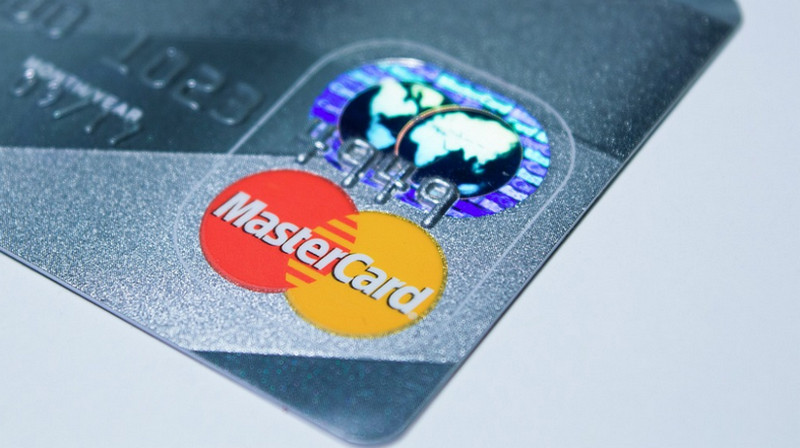Living without debt is not just about improving your finances—it is about gaining peace of mind, freedom, and long-term stability. When debt controls your income, it limits your choices and adds unnecessary stress to everyday life. The good news is that debt-free living is achievable, even if your current situation feels overwhelming.
Paying off debt quickly does not require extreme sacrifices or unrealistic plans. Instead, it takes clarity, consistency, and smart financial habits. This guide walks you through proven strategies that real people use every day to eliminate debt faster. Whether you are dealing with credit cards, personal loans, or medical bills, these practical steps can help you regain control and build a stronger financial future.
1. Understand Your Debt Completely
The first step toward paying off debt quickly is understanding exactly what you owe. Many people avoid looking at the numbers because it feels uncomfortable. However, clarity removes fear and gives you control.
Start by listing every debt you have, including credit cards, student loans, medical bills, and personal loans. Write down the balance, interest rate, minimum payment, and due date for each account. Tools recommended by Investopedia can help you organize this information efficiently.
High-interest debt should be your top priority because it costs you the most over time. Comparing a 22% credit card to a 6% personal loan clearly shows where your money leaks faster. For step-by-step guidance, resources like debt management strategies offer helpful insights.
2. Create a Realistic and Flexible Budget
A budget is not about restriction—it is about direction. Without a budget, money disappears without purpose. Millionaires and debt-free individuals rely on structured budgets to stay intentional with spending.
Track your monthly income and expenses to identify patterns. You may be surprised how much goes toward subscriptions, dining, or impulse purchases. According to NerdWallet, even small adjustments can free up hundreds of dollars monthly.
Once expenses are clear, allocate extra funds toward debt payments. A flexible budget allows adjustments without frustration. Practical budgeting techniques are also explained on smart budgeting resources, making it easier to stay consistent.
3. Choose the Right Debt Repayment Strategy
Two proven methods dominate most debt payoff strategies: the debt snowball and the debt avalanche. Each works differently, and choosing the right one depends on your mindset.
The debt snowball focuses on paying off the smallest balances first. Quick wins boost motivation and confidence. The debt avalanche targets the highest interest rates first, saving more money over time. Research from The Balance explains how both approaches work.
Emotionally driven individuals often succeed with the snowball method, while analytical thinkers prefer the avalanche. Both methods work when applied consistently.
4. Increase Your Income Strategically
Cutting expenses alone can only go so far. Increasing income speeds up debt repayment significantly. Many people underestimate how small income boosts can create big progress.
Side hustles such as freelancing, ride-sharing, or selling digital services can generate extra cash. Platforms highlighted by Forbes show how flexible income streams fit into busy schedules.
Another option is selling unused items online through marketplaces like eBay or Facebook Marketplace. Even temporary income sources can reduce debt faster when applied intentionally.
5. Cut Expenses Without Sacrificing Quality of Life
Expense reduction does not mean living uncomfortably. Instead, it means removing low-value spending. Reviewing expenses helps identify what adds value and what does not.
Cancel unused subscriptions, negotiate bills, and cook more meals at home. According to CNBC, households can save thousands annually by making mindful adjustments.
Comparing dining out four times weekly versus meal prepping shows how quickly costs add up. Savings created here should be redirected to debt payments immediately.
6. Negotiate Interest Rates and Payment Terms
Many people do not realize that interest rates are often negotiable. Creditors may reduce rates to keep you as a customer, especially if you have a solid payment history.
Calling your credit card provider and asking for a lower interest rate can result in immediate savings. Guidance from the Consumer Financial Protection Bureau outlines effective negotiation steps.
Balance transfers or consolidation loans can also simplify payments and reduce interest. Always compare fees and terms before committing.
7. Automate Payments for Consistency
Automation removes human error from financial routines. Missed payments lead to fees, higher interest, and credit score damage.
Setting up automatic payments ensures bills are paid on time. Many banks allow biweekly payment options, reducing interest over time. Financial tools explained by Bankrate highlight these benefits.
Automation also reduces mental fatigue. Once set, your system works quietly while you focus on progress.
8. Build a Starter Emergency Fund
Unexpected expenses are the biggest threat to debt repayment. Without an emergency fund, people rely on credit cards when emergencies arise.
Start with a $1,000 emergency fund. This small buffer prevents setbacks. Experts from Fidelity recommend building gradually while paying down debt.
Keep emergency funds in a separate high-yield savings account. This separation reduces temptation and maintains financial discipline.
9. Stay Motivated Throughout the Journey
Debt repayment takes time. Motivation keeps momentum alive. Celebrating milestones helps maintain emotional energy.
Visual trackers, payoff charts, or apps can show progress clearly. Communities discussed on NerdWallet emphasize accountability and support.
Small rewards—like a free activity or personal treat—can reinforce positive behavior without adding new debt.
10. Avoid Falling Back Into Debt
Debt-free living requires long-term habit changes. Avoiding new debt is just as important as paying off existing balances.
Use cash or debit for daily spending. Delay large purchases to evaluate necessity. Financial education platforms like Khan Academy help build smarter money habits.
Replacing emotional spending with intentional decisions ensures lasting financial freedom.
Conclusion: Debt-Free Living Is Within Reach
Achieving debt-free living is not about perfection—it is about progress. By understanding your debt, creating a realistic budget, increasing income, and staying disciplined, you can eliminate debt faster than expected.
Every payment brings relief and confidence. Start with one strategy today and build momentum over time. Financial freedom is not reserved for the lucky—it is earned through consistent, intentional action.







